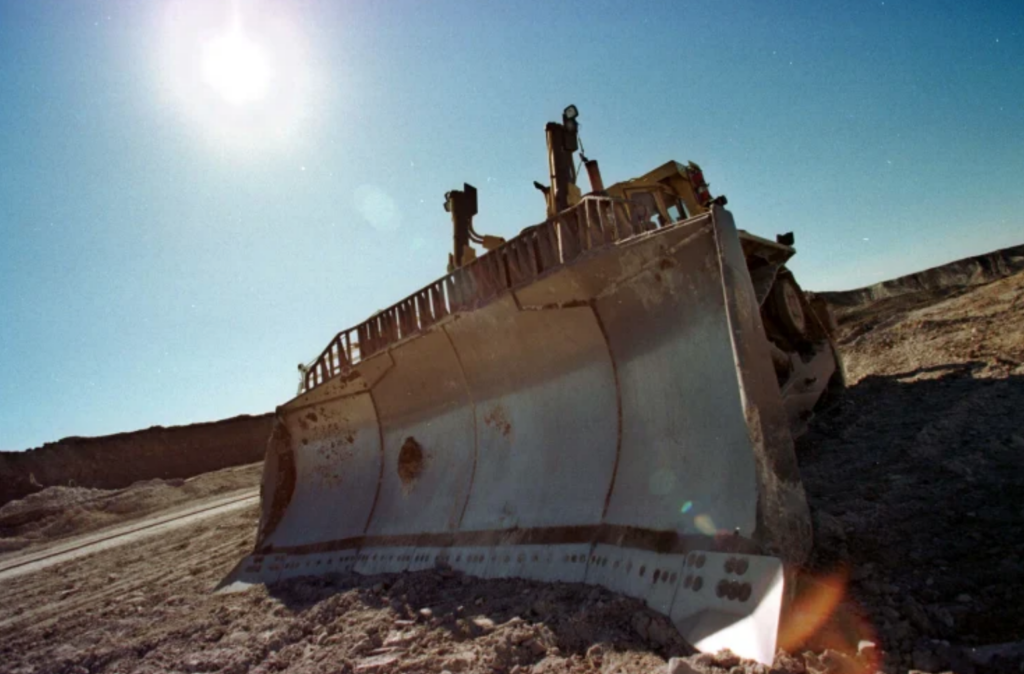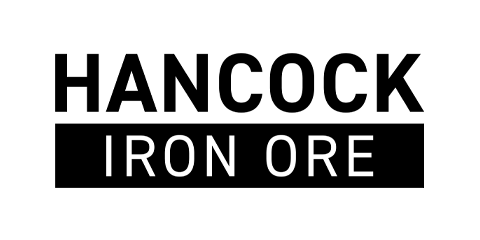
Australia will ship more coal, gas and critical minerals to India under government plans to expand upon more than $24 billion in annual exports when Prime Minister Anthony Albanese visits three Indian cities this week after years of friction with China over trade and security.
The stronger strategic relationship is tipped to lead to more investment in Australian resources including lithium at a time when countries are racing to secure supplies to manufacture batteries and electric vehicles – a key objective for India this decade.

But the talks will also canvass ways to boost Australian supplies of fossil fuels when Indian demand for coal is forecast to grow by 7 per cent across its power stations by 2025 and by 20 per cent at its steelmakers and other industrial users over the same time.
Resources Minister Madeleine King, who will join the prime minister on the trip, said the Indian government was showing “great interest” in Australian critical minerals as part of its plan to lift the share of renewable energy in its economy.
King added, however, that Australians should accept that India would need secure supplies of coal and gas for the long term despite calls from environmental groups to shut down those exports in order to reduce greenhouse gas emissions.
“India is one of the countries that need natural resources for its energy security and they need that to ensure that their community can have the same things we have, which is an entitlement to power, safe cooking fuels and all the things we take for granted and don’t much think about,” she said.

Article by David Crowe courtesy of the Sydney Morning Herald.
King said the “next big story” was the expansion of critical minerals exports when India needed rare earths to support renewable power.
“Critical minerals and rare earths are part of the puzzle that everyone will need to decarbonise the economy and every country has its plans around that and they’re all different and they have to be different because we all have different starting spots,” she said.
While Japanese companies have invested in Australian rare earth miner Lynas and Chinese companies have several lithium investments in Australia, there has been no equivalent Indian investment in the sector to date.
The stronger security relationship with India – a member of the Quadrilateral Security Dialogue alongside Australia, the United Kingdom and the United States – is expected to be a factor in the talks on energy security and the supply of rare earths this week.
The Chinese foreign ministry criticised Australia last week over decisions that have restricted investment from China in rare earths miners, such as a move to stop a Chinese fund increasing its stake in Northern Minerals.
“We hope that Australia can provide a fair and non-discriminatory environment for Chinese enterprises to operate in Australia,” ministry spokesman Mao Ning said on Friday at a press briefing, Bloomberg reported.
King said India would also need gas from Australia and this highlighted the case for Woodside Petroleum’s Scarborough gas field development off the coast of Western Australia. She added that lithium hydroxide plants needed gas to refine the mineral.
While the Scarborough project is strongly opposed by environmental groups, King said she believed it would go ahead and needed to go ahead because Western Australia – her home state – needed the gas.
“If you don’t have the Scarborough gas plant, then you’re shutting off Western Australia’s economy and that would be unacceptable to the economy of the whole nation,” she said.



